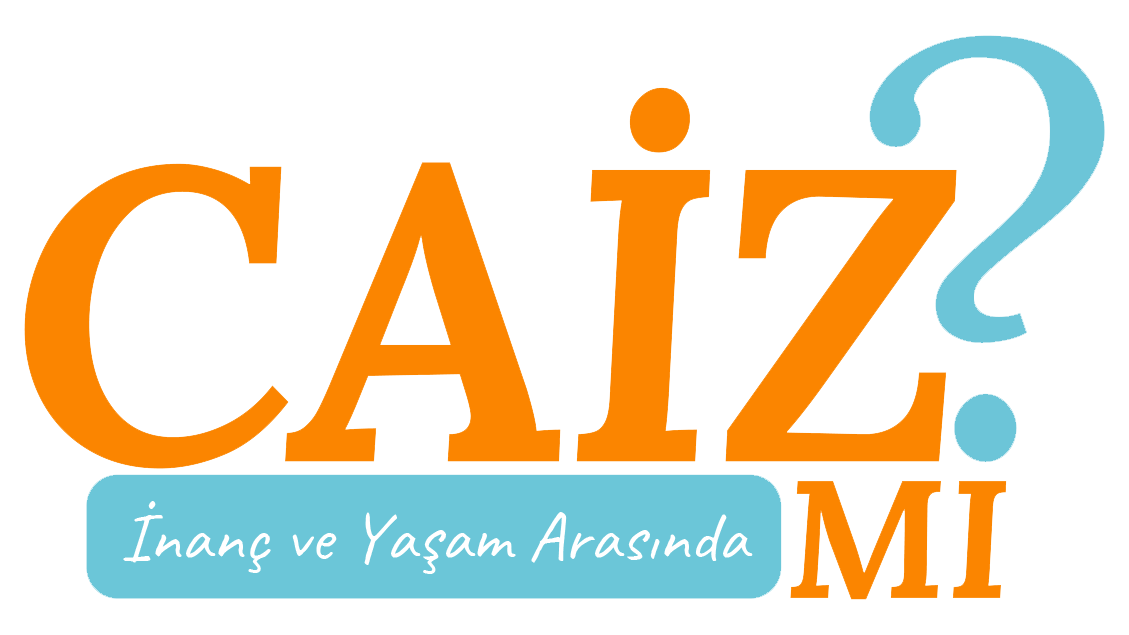Islamic jurisprudence unequivocally prohibits the use of drugs. Scholars of various eras, including al-Qarafi and Ibn Taymiyyah, have reached a consensus on the prohibition (haram) of intoxicants like hashish. Modern scholars, drawing on Quranic verses and prophetic traditions, extend this ruling to all drugs for the following reasons:
- Preservation of Life: One of Islam’s five fundamental principles is safeguarding life and health. Drugs harm the body and mind, contradicting the Quranic commandments, “Do not kill yourselves” (An-Nisa 4:29) and “Do not throw yourselves into destruction with your own hands” (Al-Baqarah 2:195).
- Prohibition of Intoxicants: The Prophet Muhammad (peace be upon him) stated, “Whatever intoxicates and stupefies is forbidden” (Abu Dawood, “Drinks,” 5). Drugs share the same rationale for prohibition as alcohol, as both impair judgment and harm health.
- Societal Harm: Drugs fall under the category of habâis (harmful and impure substances), prohibited in Islam, because they endanger individuals and society. They compromise mental clarity, lead to societal ills, and disrupt public order.
Thus, all forms of drug use are categorically forbidden in Islam due to their harmful effects on individuals and communities.
